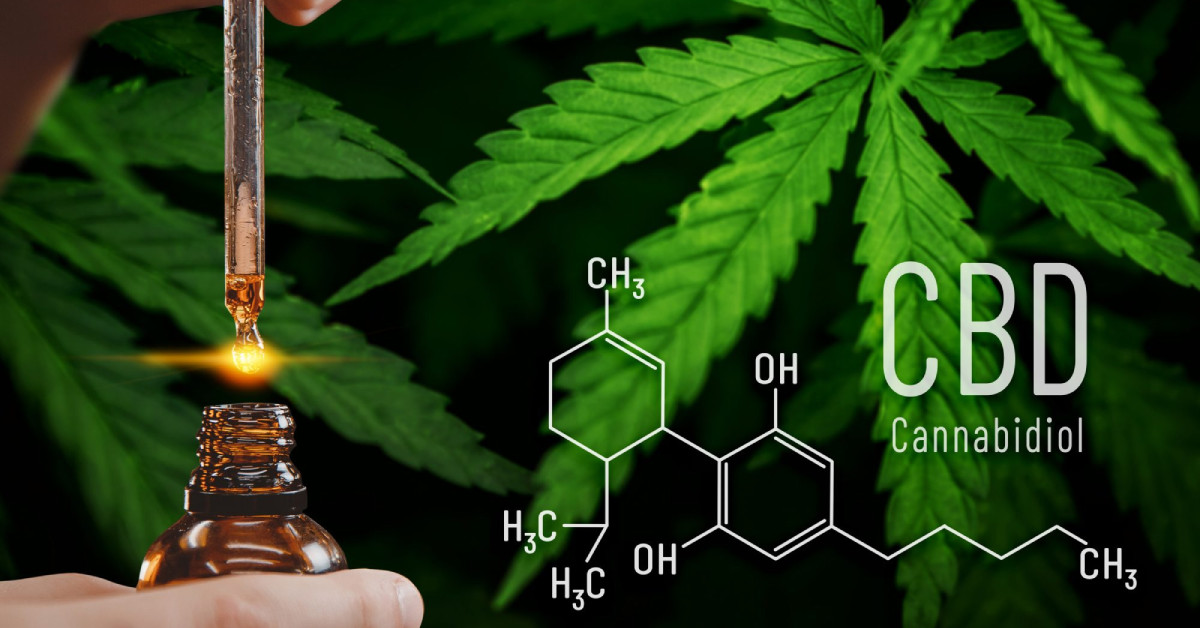Introduction
Delta-8 and delta-9 tetrahydrocannabinol (THC) are two distinct compounds found in the cannabis plant, each with its own unique effects and potential benefits. While delta-9 THC is the more well-known psychoactive compound responsible for the “high” associated with marijuana, delta-8 THC has gained attention for its milder psychoactive effects and potential therapeutic applications. In this article, we will explore the benefits of both delta-8 and delta-9 THC, shedding light on their respective properties and potential uses.
Delta-8 THC: The Milder Alternative
1. **Less Intense High:** Delta-8 THC is often described as providing a milder, less anxiety-inducing high compared to delta-9 THC. This makes it appealing to individuals who want to experience the benefits of THC without the intensity.
2. **Anxiety and Stress Reduction:** Some users report that delta-8 THC can help alleviate symptoms of anxiety and stress, offering relaxation and a sense of calm without the paranoia or anxiety sometimes associated with delta-9 THC.
3. **Pain Relief:** Delta-8 THC has shown promise as a pain-relieving compound. It interacts with the body’s endocannabinoid system, potentially reducing pain and inflammation in conditions like arthritis or neuropathy.
4. **Appetite Stimulation:** Similar to delta-9 THC, delta-8 THC can stimulate appetite, making it beneficial for individuals undergoing chemotherapy or dealing with appetite-related issues.
Delta-9 THC: The Traditional Psychoactive Compound
1. **Pain Management:** Delta-9 THC is well-known for its potent pain-relieving properties. It can effectively reduce pain and discomfort in various conditions, such as chronic pain, migraines, and neuropathy.
2. **Nausea and Vomiting Relief:** Delta-9 THC has been used to alleviate nausea and vomiting in cancer patients undergoing chemotherapy. It can also help individuals with gastrointestinal conditions.
3. **Elevated Mood:** Delta-9 THC’s psychoactive effects often lead to feelings of euphoria, relaxation, and an uplifted mood, which can be beneficial for individuals dealing with depression or mood disorders.
4. **Improved Sleep:** Delta-9 THC’s relaxing properties can aid in sleep for some users, especially those struggling with insomnia or sleep disturbances.
5. **Enhanced Creativity:** Some individuals report heightened creativity and a different perspective on tasks while under the influence of delta-9 THC.
Conclusion
Delta-8 and delta-9 THC are both compounds found in the cannabis plant, each offering a distinct set of effects and potential benefits. While delta-8 THC is praised for its milder psychoactive effects and potential therapeutic uses in reducing anxiety, pain, and stress, delta-9 THC remains the go-to choice for those seeking the traditional “high” associated with marijuana, as well as its well-established pain-relieving properties.
It’s essential to recognize that individual responses to these compounds can vary significantly. Furthermore, the legality of delta-8 and delta-9 THC varies by location, so users should be aware of local laws and regulations when considering their use. As the scientific community continues to explore these compounds, we can anticipate a growing understanding of their potential benefits and applications in the world of medicine and wellness.



